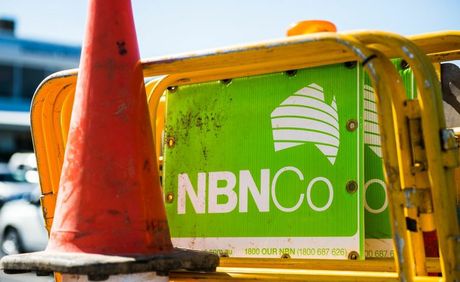Published on the 02/05/2013 | Written by Newsdesk

Two weeks after releasing the Coalition’s plans for a National Broadband Network, shadow communications minister, Malcolm Turnbull has published in defence of the policy, a comprehensive list of responses to ‘frequently asked questions’…
In addition to reconfirming many of the statements made in the original policy and background paper, released on 9 April, the document seeks to respond to criticisms made against the policy.
For example it seeks to refute suggestions that “Australians may have to pay up to $5000 for an internet connection under the Coalition,” and that it is “cheaper to go straight to FTTP.”
The FAQ had drawn over 27 responses in a little over 24 hours after being posted, almost all of them critical. When iStart viewed them on 30 April the most recent summed up the rest: “All these comments debunk every point you have published, so there is no need for me to add my [two cents worth].”
The Coalition’s refused to give any firm commitment as to what upload speeds its proposed fibre to the node network would support, an important attribute of any network expected to support teleworkers or those working from home.
It explains, “We have not set minimum upload speeds because everywhere in the world, operators allocate upload speeds according to consumer demand. The limitations on upload speeds are often a function of the allocation that operators decide consumers will value most between up and download links. To give you an idea, in the UK where BT offers an ‘up to’ 76Mbps product for downloads, the upload speed is 19Mbps – so quite considerable uplink capacity is available over FTTN. So we will leave that to the NBN to decide how best to configure their networks.”
One commentator responded, “The answer about upload speeds sounds completely bogus. If the Coalition won’t specify a minimum upload speed, it’s because it can’t. Upload speeds are what differentiate a true two-way broadband network from another ‘last decade downloading network’. Working from home, for example, absolutely relies on fast upload speeds.”
On the Labor Government’s FTTP network there are presently four options with specified upload speeds: 12Mbps down and 1Mbps up, 25/5, 25/10 and 100/40Mbps.
The Coalition has consistently claimed that the 100Mbps available from the FTTP NBN will not be needed for the foreseeable future but in the FAQs it takes a rather different approach to the argument: that the need for such speeds will be limited by their lack of universal availability.
In response to the question “Won’t eEducation and eHealth applications require bandwidths of 100Mbps or more?” it says, “Users in the most remote seven percent of Australia will only have access to maximum speeds of 25Mbps.
Governments are not likely to create or deploy online services that can’t be delivered to the entire population – especially given the constrained bandwidth available to those who need access to such services most urgently, those in regional and remote areas.”



























